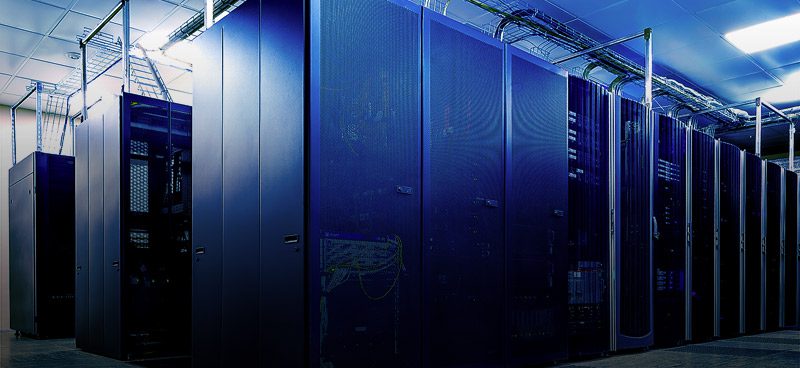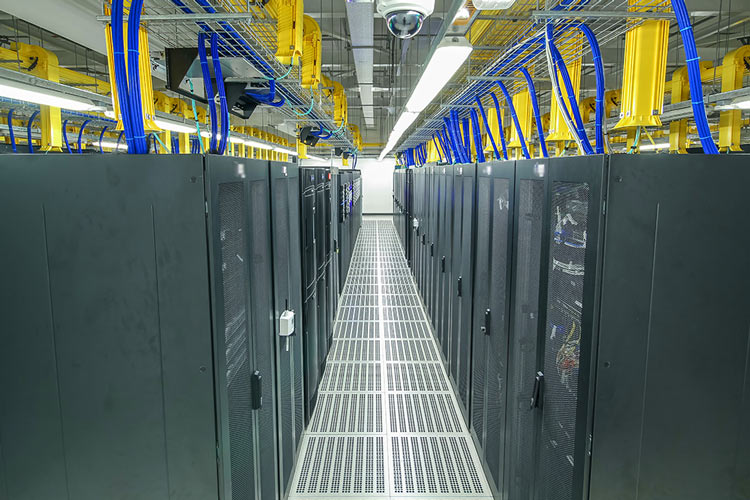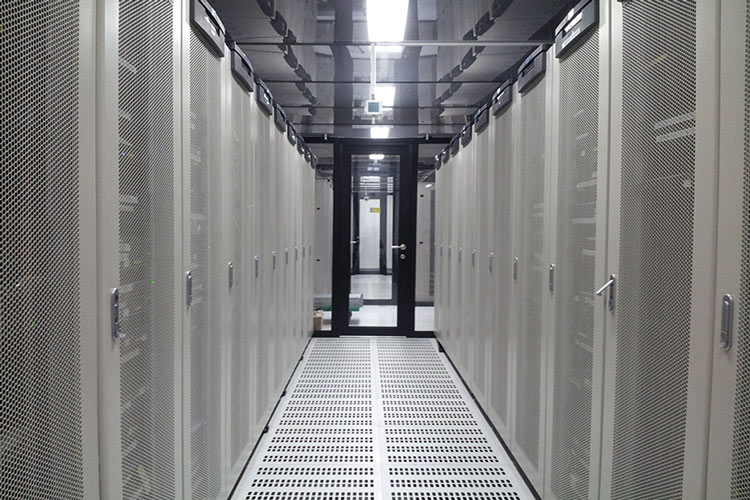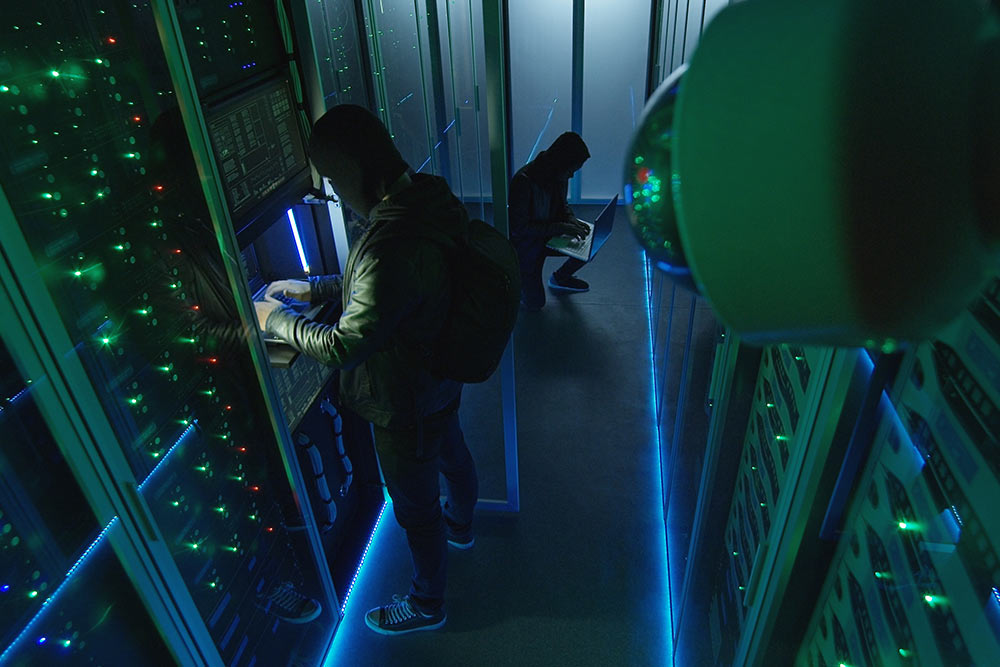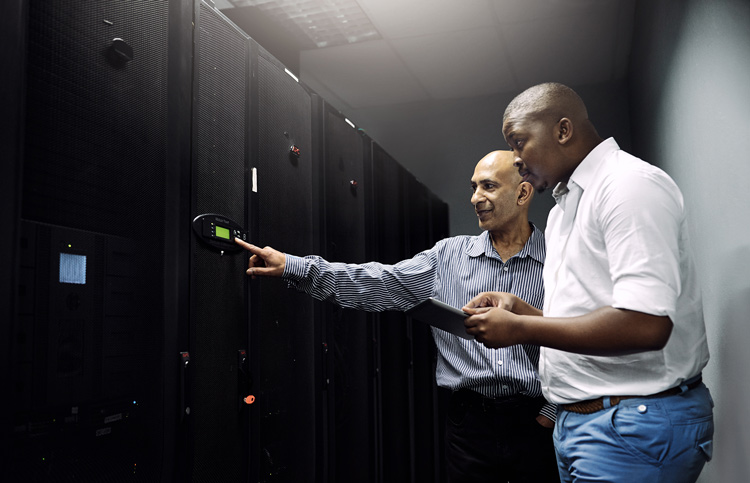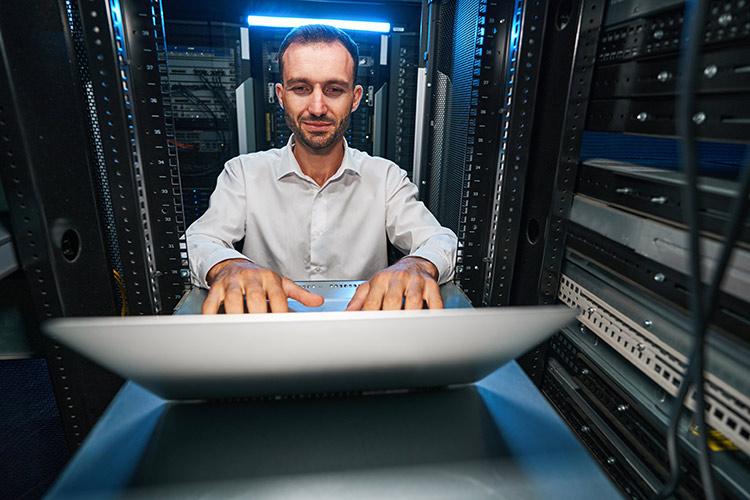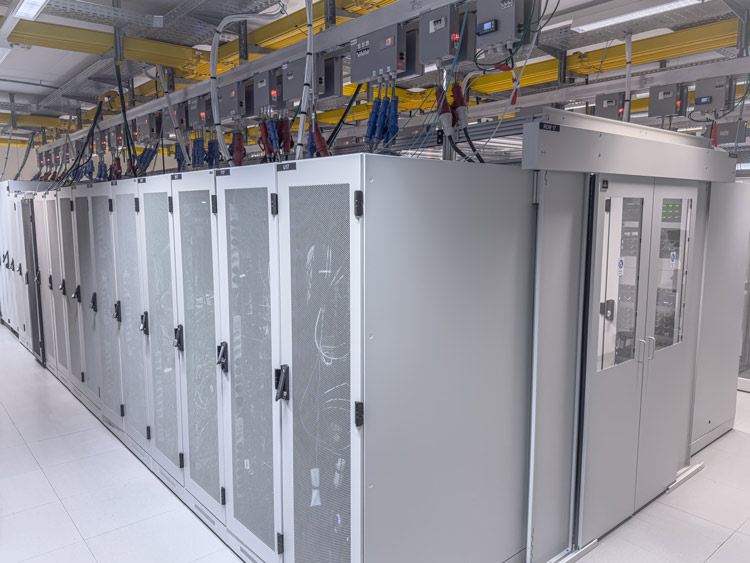Since the COVID-19 pandemic and the recent spread of generative AI and IoT devices, data center power consumption has reached above 1% of global energy consumption. When the electricity used for running a supercomputer is sufficient to power whole neighborhoods, the importance of data center sustainability becomes self-explanatory.
Data centers powering our online activities are seamless players in the background, supporting the growth of the digital infrastructure for many areas of our lives. With the spread of AI use cases, connected cars, and IoT devices, there’s an increasing demand for data center growth. However, this growth requires more power, and going forward, it needs to happen with data center sustainability measures in mind.
Optimizing digital infrastructure for sustainability is part of the United Nations’ sustainable development goals. Among other long-term goals for reducing the carbon footprint of cities, data center sustainability will have a central role to play.
This blog is going to explore what data center sustainability is and why integrating sustainability solutions is crucial for long-term success.
The importance of data center sustainability
First, let’s define data center sustainability. Before going into more detail, a sustainable data center is characterized by the universal principles of environmental awareness. Prioritizing energy efficiency, conserving water, using renewable energy, and reducing or recycling waste are at the core of these initiatives. A sustainable data center provides the same services for storing and managing data but employs solutions to reduce its carbon footprint and efficiently address resource consumption issues. Since demand is only going to increase, finding ways to do as little harm to the environment as possible will be crucial for compliance regulations and long-term success in the data center industry.
The following are the most important areas of focus.
Energy efficiency: the heart of data center sustainability
The spread of AI use cases and connected devices has led to significant data center growth in the past few years, and it seems that the trend is here to stay. Data centers are the most power-intensive type of buildings, consuming 10-15 times more than a regular office space. Taking into consideration that the total data center energy consumption in 2022 was around 240-430 TWh, or 1-1.3% of global power consumption, implementing data center sustainability and data center consolidation strategies will play a central role in the upcoming years.
Data center energy efficiency starts at the base of it all: design. Sustainable hardware, power infrastructure, and efficient cooling systems ensure that no electricity or water is wasted.
Cooling systems and saving water
Responsible water use is essential for data center sustainability. At first, it might sound alien; nevertheless, the world’s digital infrastructure relies heavily on water resources for cooling systems. Water is used to regulate the temperature of the servers to avoid overheating. Cooling system apparatus can take different forms like air conditioning, cooling towers, and chillers, and all of those need water to function. These heat-absorbing mechanisms mitigate the risk of hardware malfunctions and shutting down.
A data center uses billions of gallons of water every year. Water reliance is becoming a problem, especially in regions where desertification is already on its way and water resources are limited. With the exception of the few adopting industrial water use, most data centers use drinking water for their cooling systems. This can affect local water supplies in a negative way. Chemical wastewater from these cooling systems can also be an ecological hazard if not managed appropriately.
Still, not all cooling systems are the same. Some emerging alternatives like “free cooling” or hybrid solutions with air cooling can lessen the strain on water supplies. In the future, achieving data center sustainability will be crucial for water conservation.
Alternative energy sources for powering data centers
Powering a data center only with renewables has its limitations. Still, those energy sources are crucial to an efficient data center sustainability strategy. Solar, wind, geothermal, and other renewable sources all have their drawbacks, but they can contribute to lowering carbon emissions.
It’s important to note that while clean energy sources seem like the ideal solution, powering a data center completely with, say, solar energy can draw with itself the destruction of ecosystems in order to make space for the farms. The physical footprint of clean-energy-powered data centers can grow to a considerable size.
Data center sustainability strategies should also take into consideration that clean energy sourcing can be erratic and weather-reliant. If the weather conditions are not ideal, complementary energy sources need to be employed for the data center to keep running. Geothermal energy sources make an exception, however, the initial costs of the investment in the special infrastructure and power plants are higher.
In most cases, data centers combine renewable and non-renewable energy sources. Powering a data center only with renewable energy requires a large infrastructure that can handle peak times. However, renewable energy also has storage limitations, and what is not used ends up, in most cases, wasted.
Physical security systems and data center sustainability
It might seem an unusual idea, but physical security systems can be valuable contributors to data center sustainability initiatives. Analyzing data from security systems can help reduce resource consumption by optimizing operations. Although data center providers are taking steps to reduce carbon emissions, according to a recent study, security systems frequently remain an overlooked area.
Access control systems can be used to optimize energy efficiency in the data center building. Integrated with building automation systems, it can be used to control lighting and HVAC systems better. Analyzing occupancy by adjusting the temperature in real-time can help reduce energy and water consumption.
Using data from access control systems is proving to be an efficient approach to reducing consumption, and it’s already showing results for the organizations using them. Additionally, more and more providers are looking to buy from security system vendors whose products are developed to integrate data center sustainability initiatives easily.
Reducing and recycling data center waste
Data centers have a reputation for being harmful to the environment mostly because of their high energy consumption. The e-waste problem is, however, another area of concern, and adopting circular economy principles alongside other practices seems to become more and more necessary on the way to data center sustainability.
Discarded electronics and electrical pieces of equipment from data centers make up a significant part of the planet’s e-waste. It is estimated that by 2030, we’ll be producing 1.5 times more e-waste than the 61 million metric tonnes we produce at present. To handle the surge in demand, the growth of data centers will continue. In many cases, e-waste from data centers is a result of upgrading equipment and throwing away the old, outdated ones. While upgrading specific hardware and equipment can actually contribute to data center sustainability, the waste generated by doing so should also be addressed. If reducing is impossible, there are at least complementary actions data centers can take to reduce the negative effect of their operations.
Many data centers take the approach of designing for sustainability right from the beginning. Calculating the lifecycle of hardware is one important step. Integrating liquid cooling and reusing generated heat for office spaces are also methods to cut some slack for data center sustainability initiatives.
An increasing demand for data center sustainability
In 2021, lawmakers enacted the New Energy Act in the United States. The act included regulations aimed at the data center industry. Data center power demand is expected to increase continuously as a result of global digitalization, consuming more and more resources. Government initiatives are expected to follow in order to keep the pace of growth at bay. Data center sustainability requirements will become stricter in the upcoming years, followed by growing carbon taxes.
Improving efficiency will be paramount for organizations to reduce their carbon footprint and comply with sustainability regulations.
How to improve data center sustainability
To improve sustainability in data centers, the best practice would be, of course, designing with sustainability in mind from the ground up. However, there are many methods and practices that can be implemented for improvement. These are some of the most important tools and methods.
- Continually measuring energy consumption.
- Addressing overcooling and energy-wasting
- Replacing equipment with more energy-efficient ones
- Calculating the hardware lifecycle to reduce e-waste
- Optimizing physical infrastructure for more efficiency
- Virtualizing when possible to reduce energy consumption
- Customizing solutions to improve energy-efficient behaviors
- Using renewable energy sources and methods like free cooling as much as possible
- Focusing on airflow and water usage efficiency
- Measuring carbon usage effectiveness and CO2 savings
Conclusion
Data center sustainability will continue to be an important subject and an area of constant evolution in the years to come. Regulation and limitations to energy use and physical footprint growth are predicted to become more strict. Additionally, more and more organizations seek out providers who are able to prove their efforts for improving data center sustainability. With the rising power consumption trends in a digitalizing world, integrating sustainability will be crucial for success in the data center industry.
Got questions? Want to talk specifics? That’s what we’re here for.
Interested in data center sustainability? Have one of our experts contact you for more information. Discover how Volico Data Centers can offer security & sustainability support for your business’s goals.
• Call: (305) 735-8098
• Chat with a member of our team to discuss which solution best fits your needs.

